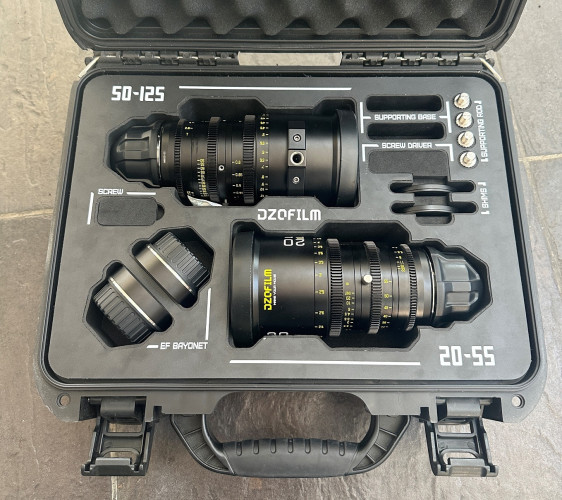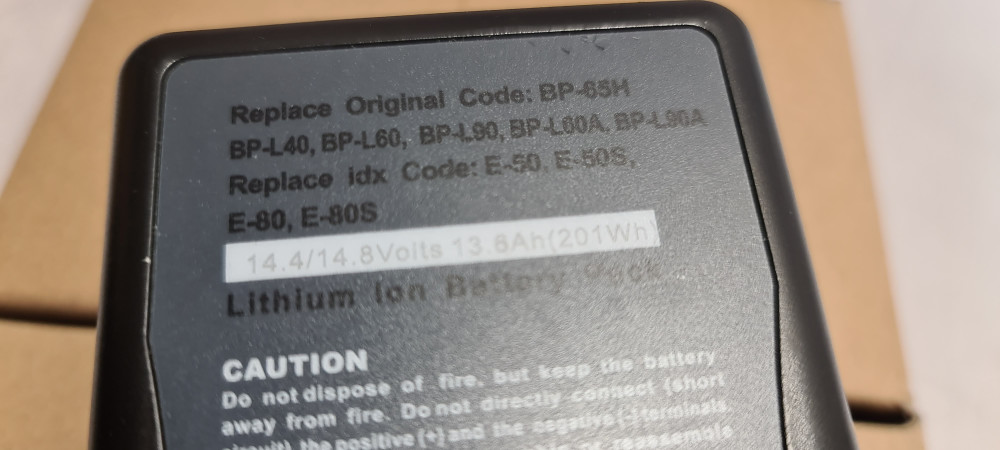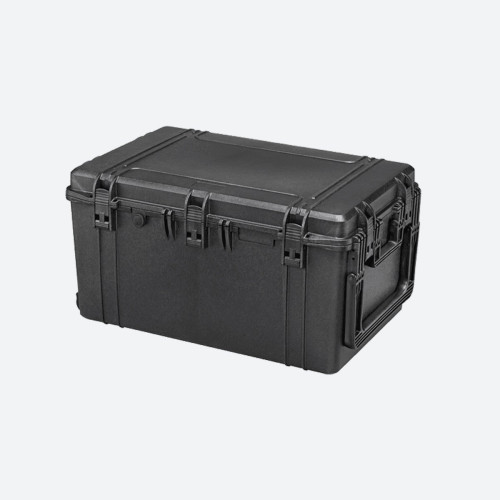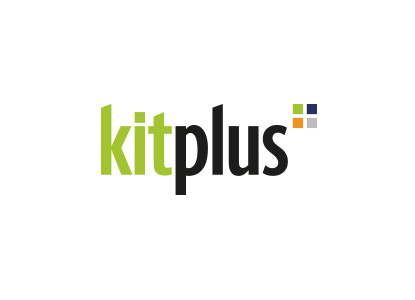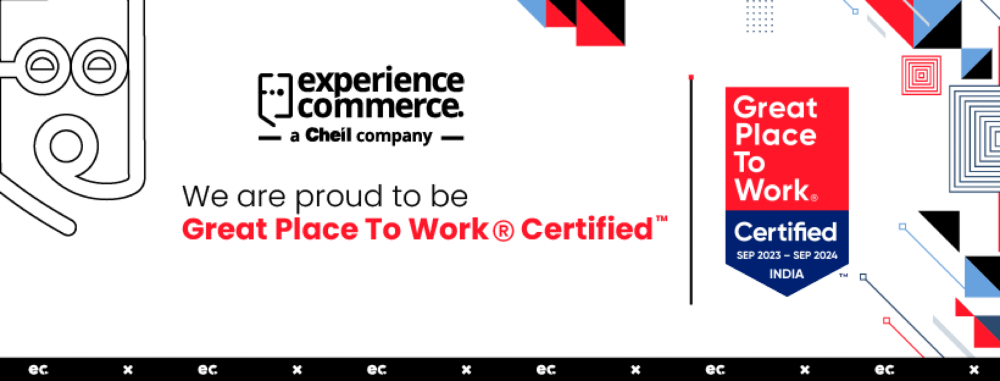by Chris Steele Issue 109 - January 2016 While the thought of fire or flood strikes fear into the heart of those responsible for managing IT infrastructures, the fact is that simple equipment malfunction, like the failure of a disk drive, or even human error itself, are by far the most common causes of local outages. Having a robust major disaster recovery plan in place is of course an essential business process in todays digitally driven world, however, it is also important to understand how data will be retrieved in the event of more mundane issues too.
The fact is that with tight production deadlines few post houses or broadcasters could afford to start a project from scratch if their primary edit storage were to go down. As a result, many organisations have a significant vulnerability when it comes to maintaining business continuity.
Archiving the workspace onto tape is a common IT solution. However, as one 24 hour news channel told us: In a disaster recovery scenario, the only option to get key projects back on-line would be to restore our entire back-up, which would take about two weeks. A few days or a week is simply too late for the post house which needs to deliver projects day-by-day. The popular TV soap cannot be postponed because the project files cannot be restored and post-produced in-time. Therefore, in the event of a major or, more likely, a local outage, the challenge is to be able to retrieve all the files required by a critical project in a time that makes sense. With the size of project files currently in use, the ability to restore a single bin without restoring the whole project can mean staff can keep working while the rest of the project is retrieved. For this reason Marquis developed Workspace Parking, a set & forget disaster recovery solution designed to get editors back up and running in minutes.
Already now in use with major European broadcasters, the solution uses a standard, open folder structure to store the back-up of entire workspaces. Individual projects or bins of older versions of projects can then be easily identified, and restored to any storage or workstation immediately, providing a complete and rapid business continuity solution.
A complete backup of every project is created by using an understanding of the relationship between projects and media in order to identify all media on a workspace and any projects associated with that media, in addition to content outside that workspace referenced by those projects. Because the analysis system runs regularly, every time new and associated media comes online this is included in the backup. Incremental analysis of the changes to the workspace and each project means automated nightly back-ups can be completed in a fraction of the time of a full backup. Email status updates are provided as required.
For the first time, Workspace Parking enables Avid users to back-up entire workspaces, while allowing individual projects or bins to be restored, providing a complete, automated disaster recovery system.
For further information see: www.marquisbroadcast.com





